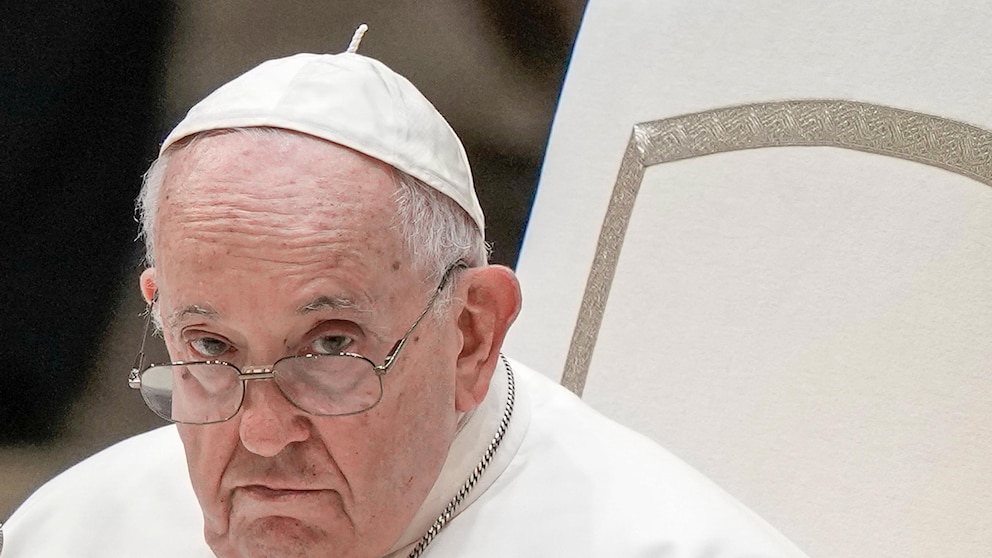In a significant policy speech, Pope Francis has called for a global prohibition of surrogacy, highlighting the ethical concerns surrounding this practice. The Pope’s stance on this issue reflects the Catholic Church’s longstanding opposition to surrogacy, emphasizing the need to protect the dignity of both women and children involved.
Surrogacy is a process in which a woman carries and gives birth to a child on behalf of another person or couple. While it is often seen as a solution for individuals or couples struggling with infertility, the Pope argues that it commodifies both the woman’s body and the child, reducing them to mere objects of transaction.
One of the primary concerns raised by the Pope is the exploitation of women in surrogacy arrangements. Many women from economically disadvantaged backgrounds are lured into becoming surrogates due to financial incentives. They may be coerced or forced into this role, often without fully understanding the physical, emotional, and psychological implications involved. The Pope emphasizes that this exploitation violates the dignity and rights of these women, turning their bodies into commodities for sale.
Moreover, the Pope expresses deep concern for the children born through surrogacy. He argues that they are deprived of their fundamental right to be conceived, carried, and nurtured within a loving marital relationship. Surrogacy disrupts the natural bond between a child and their biological parents, potentially leading to complex emotional and identity issues for the child in the future.
The Pope’s call for a global prohibition of surrogacy aligns with his broader vision of promoting a culture of life and protecting human dignity. He advocates for alternative solutions to infertility that respect the intrinsic value of every human being involved. Adoption, for instance, provides a loving home for children in need while also respecting the rights and dignity of all parties involved.
Critics argue that surrogacy can be a viable option for individuals or couples who are unable to conceive naturally. They contend that it provides hope and happiness to those longing for a child, and that regulations can be put in place to ensure the ethical treatment of surrogate mothers. However, the Pope’s position is rooted in the belief that the ends do not justify the means, and that the potential harms and ethical concerns associated with surrogacy outweigh any perceived benefits.
The Pope’s speech is expected to spark a global debate on the issue of surrogacy and its implications for society. It raises important questions about the commodification of human life, the exploitation of women, and the rights of children. While some countries have already implemented regulations or outright bans on surrogacy, the Pope’s call for a global prohibition adds weight to the discussion and may influence policy decisions in various nations.
In conclusion, Pope Francis has advocated for a global prohibition of surrogacy in a significant policy speech, highlighting the ethical concerns surrounding this practice. His stance reflects the Catholic Church’s opposition to surrogacy, emphasizing the need to protect the dignity of women and children involved. The Pope’s call for alternative solutions, such as adoption, encourages a culture of life that respects the intrinsic value of every human being. This speech is likely to ignite a global debate on surrogacy and its impact on society, prompting policymakers to carefully consider the ethical implications of this practice.



